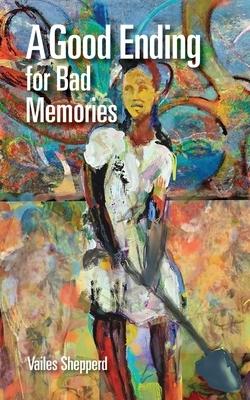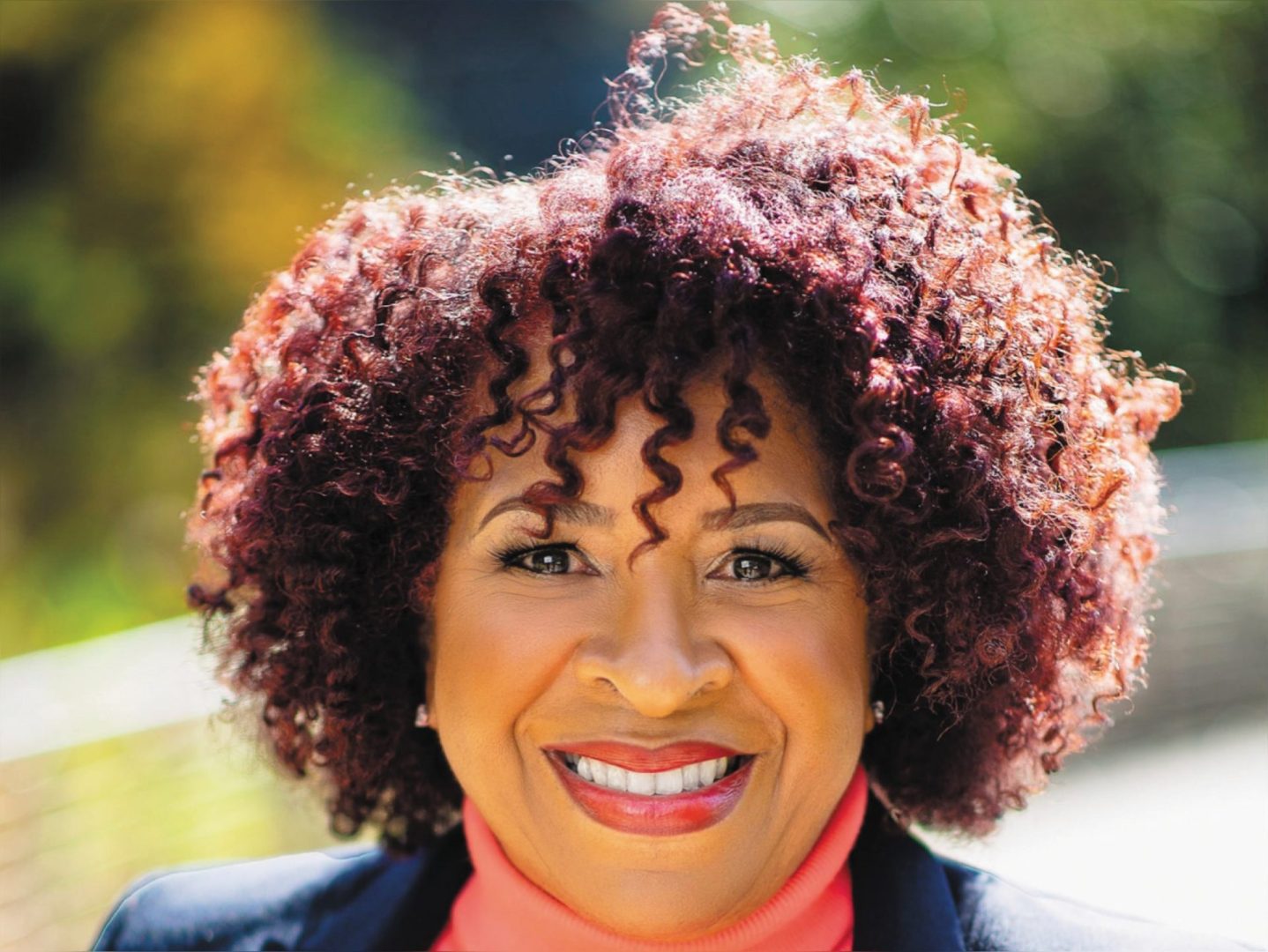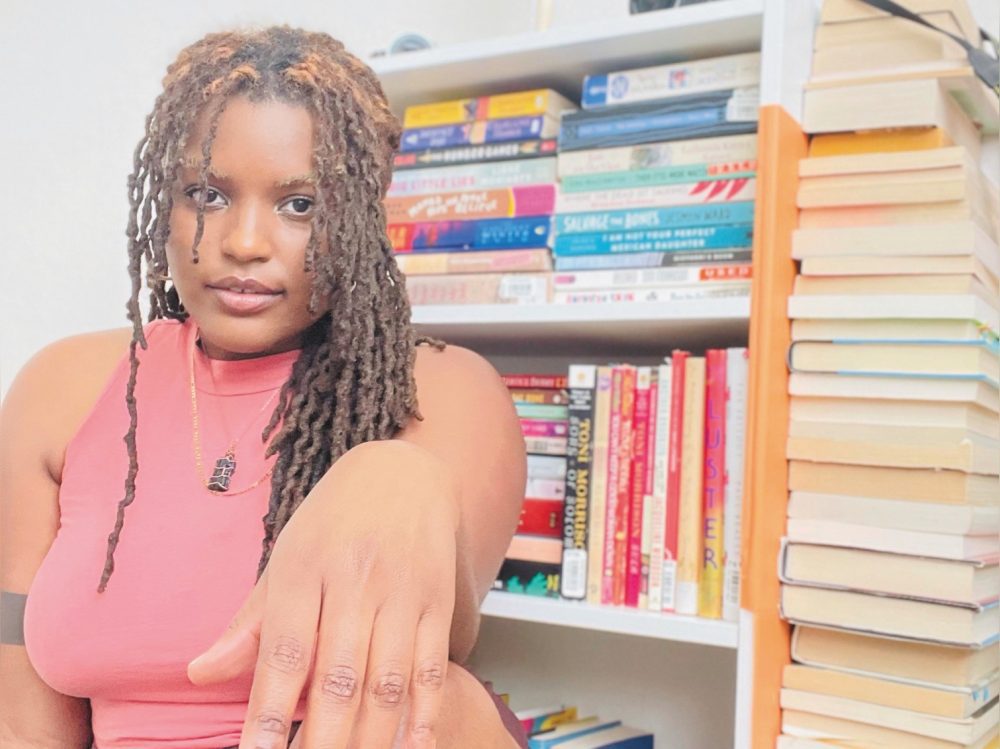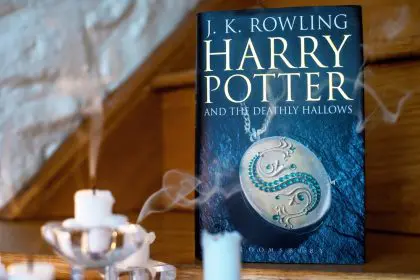
Vailes Shepperd has written creatively almost from the moment she learned to read. Her zest for writing and reading lead to her working in just about every area in the literary space.
Frustrated by the disappearance of high-quality book reviews and book-review sections in major newspapers, Shepperd, along with other writers in the D.C. area founded the Washington Independent Review of Books where she was a senior features editor.
Today, Shepperd has ventured into a new literary space by penning her latest novel A Good Ending for Bad Memories, which is the story of a multi-generational matriarchal family headed by a splintered woman with an irregular memory. The story weaves a tale of the “perfect wife.” Lloyd Earl and Selsie’s great-granddaughter, who is called “mother” has four distinct personalities. Mother is free from the day-to-day responsibility of caring for her husband and children. but spends her time walking and sifting through her memories in search of the cause of her disorder which lies deep within the family’s past.
In your book your main character suffers from multiple personalities. Why did you choose mental disorder as an underlying theme?
I’m blessed with imagination which helped to tell a story with such a broad character. With only one personality, she was too big to contain. The reader may have had a difficult time believing this same woman was capable of so much. How could Mother be entirely different from one day to the next? It was important to me to display the fractured nature of her personality and the reason that she became this way. Also, I’ve never liked to tell a story in a straight line. The orderly timeline is a part of the story but often enough not as part of the character. She can float!
What was the hardest part about writing A Good Ending for Bad Memories?
Sometimes when I begin a story I know where it’s going to begin, and where it’s going to end. So the issue is writing towards it, writing the story that gets you there. I only had one little tiny element of the ending of this story. In fact after it was fully written it changed and that was difficult for me.

How would you describe your writing style?
Writing is joyful and I start on inspiration. I’m a morning person, so I used to always get up at 5 a.m. and start writing. It is easier to begin the next day if you know what’s coming. Let’s say I’m writing a scene, I would stop right before I wrote exactly what I knew was coming, because then the next morning I started there and could write faster once you’re into it, you keep going.
What do you want readers to take away from A Good Ending for Band Memories?
I want them to think about how different our lives can be. I want them to know how broad and talented and widespread African American culture is. I want them to think that we’re not all in the woods without owning the woods.















